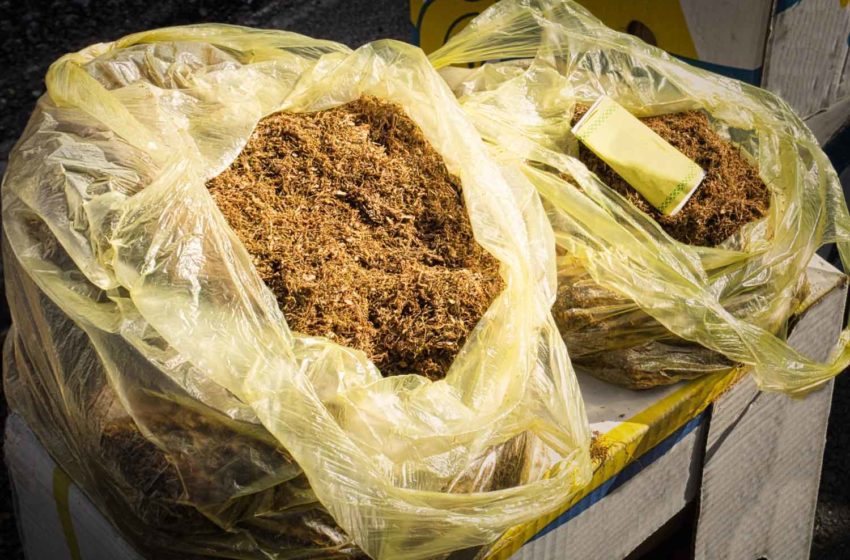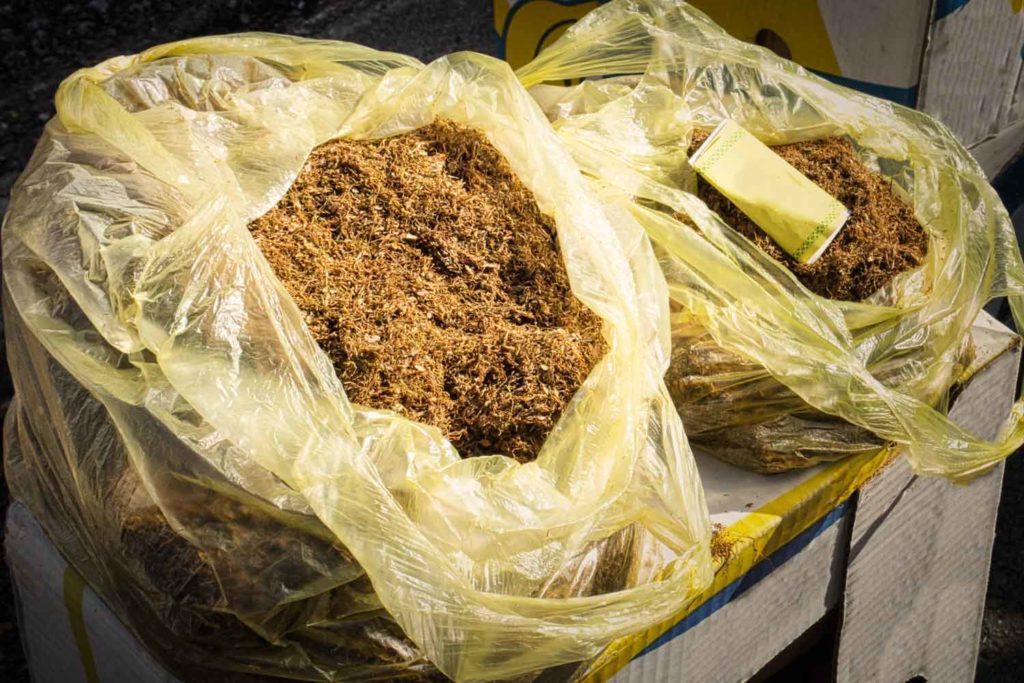
The U.S. Food and Drug Administration on Sept. 3 issued another round of marketing denial orders to 31 companies. “After issuing marketing denial orders (MDOs) to three companies for their flavored ENDS products last week, @FDATobacco issued MDOs to an additional 31 companies for approximately 300,000 flavored ENDS products from Aug. 27 through Sept. 2,” the agency tweeted.
Several of the MDOs were issued to companies that are not confirmed to be currently marketing their products. The regulatory agency did not release the names of the companies.
According to its website, the FDA plans to release the names of the companies that received MDOs. Previously, the agency gave the names only of the first three manufacturers to receive MDOs for vapor products. “FDA understands that the public may be interested in the specific names of the currently marketed products subject to the negative decisions,” the FDA wrote. “However, before releasing this information, FDA needs to ensure the agency is not releasing the applicant’s commercial confidential information. Given the large number of products involved, sharing this information requires additional time and resources. Accordingly, FDA is actively exploring options related to this issue.”
In a release, the FDA wrote that companies receiving these MDOs may have submitted premarket applications for other products “(such as ENDS devices, tobacco-flavored ENDS or menthol-flavored ENDS),” and those products, if still pending, remain under review at FDA.
“FDA continues to make substantial progress reviewing the unprecedented number of applications received by the Sept. 9, 2020, court-ordered deadline for submission of premarket applications for deemed new tobacco products,” the agency stated. “The aggregate information on these actions will be provided within our regular updates on the ‘Tobacco Product Applications: Metrics and Reporting’ page.”
As of Sept. 3, the FDA website lists 27 companies that have been issued MDOs:
Great American Vapes
JD Nova Group LLC
Vapor Salon
Big Time Vapes
J-Vapor LLC dba North Shore Vapor
SS Vape Brands Inc. dba Monster Vape Labs
Custom Vapors
The Vaping Tiger
Gothic Vapor
TrendSetters E-liquid LLC
SWT Global Supply
Diamond Vapor
American Vapor Group
MV Enterprises
Planet of the Vapes
CITTG dba Orgnx E Liquids
Vapors of Ohio Inc. dba Nostalgic Vapes
Buckshot Vapors Inc.
Royalty Premium E Juice
Imperial Vapors
Midwest Vape Supply
Dominant Vapor
Mountain Vaporz
Sir Vapes -A-Lot
Loveli Design LLC dba
Alice in Vapeland
Nicquid
The first MDOs were announced on Aug. 26. According to the FDA, JD Nova Group, Great American Vapes and Vapor Salon didn’t provide adequate information to show their rejected products offered enough benefit to adult smokers sufficient to overcome the public health threat posed by the “well-documented, alarming levels” of youth use of such products.
The FDA has received applications from over 500 companies covering more than 6.5 million tobacco products. The agency refused to file more than 4.5 million applications from the JD Nova Group alone. The agency has until Sept. 9, 2020, to decide on the remaining PMTAs.


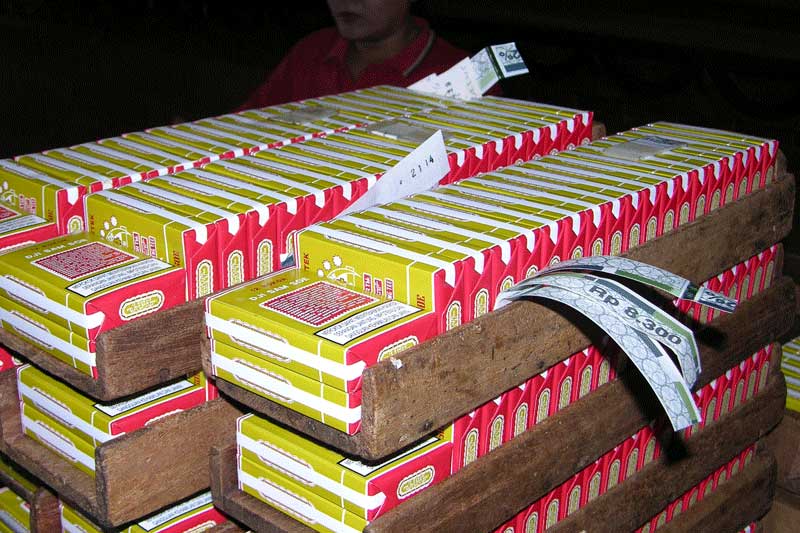


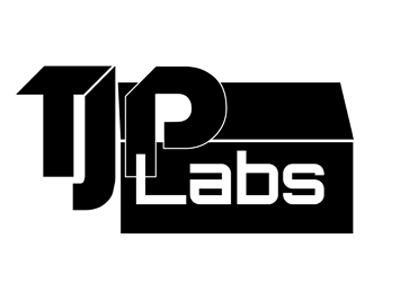
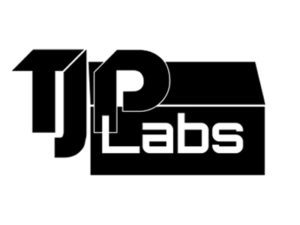 TJP Labs has launched Canada’s first modern oral nicotine contract manufacturing facility for oral nicotine pouches in Pickering, Ontario. TJP Labs will provide international brands (and when authorized for sale in Canada, domestic brands) contract manufacturing capacity to service the rapidly expanding category. Production is expected to commence in the first calendar quarter of 2022.
TJP Labs has launched Canada’s first modern oral nicotine contract manufacturing facility for oral nicotine pouches in Pickering, Ontario. TJP Labs will provide international brands (and when authorized for sale in Canada, domestic brands) contract manufacturing capacity to service the rapidly expanding category. Production is expected to commence in the first calendar quarter of 2022.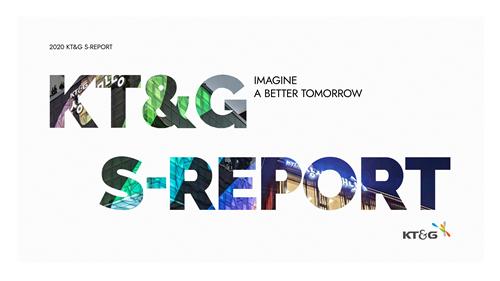
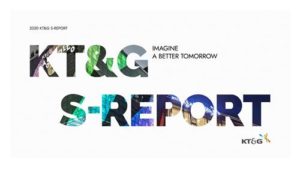 KT&G published its 2020 KT&G Report, which presents the company’s environmental, social and governance (ESG) management and social contribution activities.
KT&G published its 2020 KT&G Report, which presents the company’s environmental, social and governance (ESG) management and social contribution activities.





